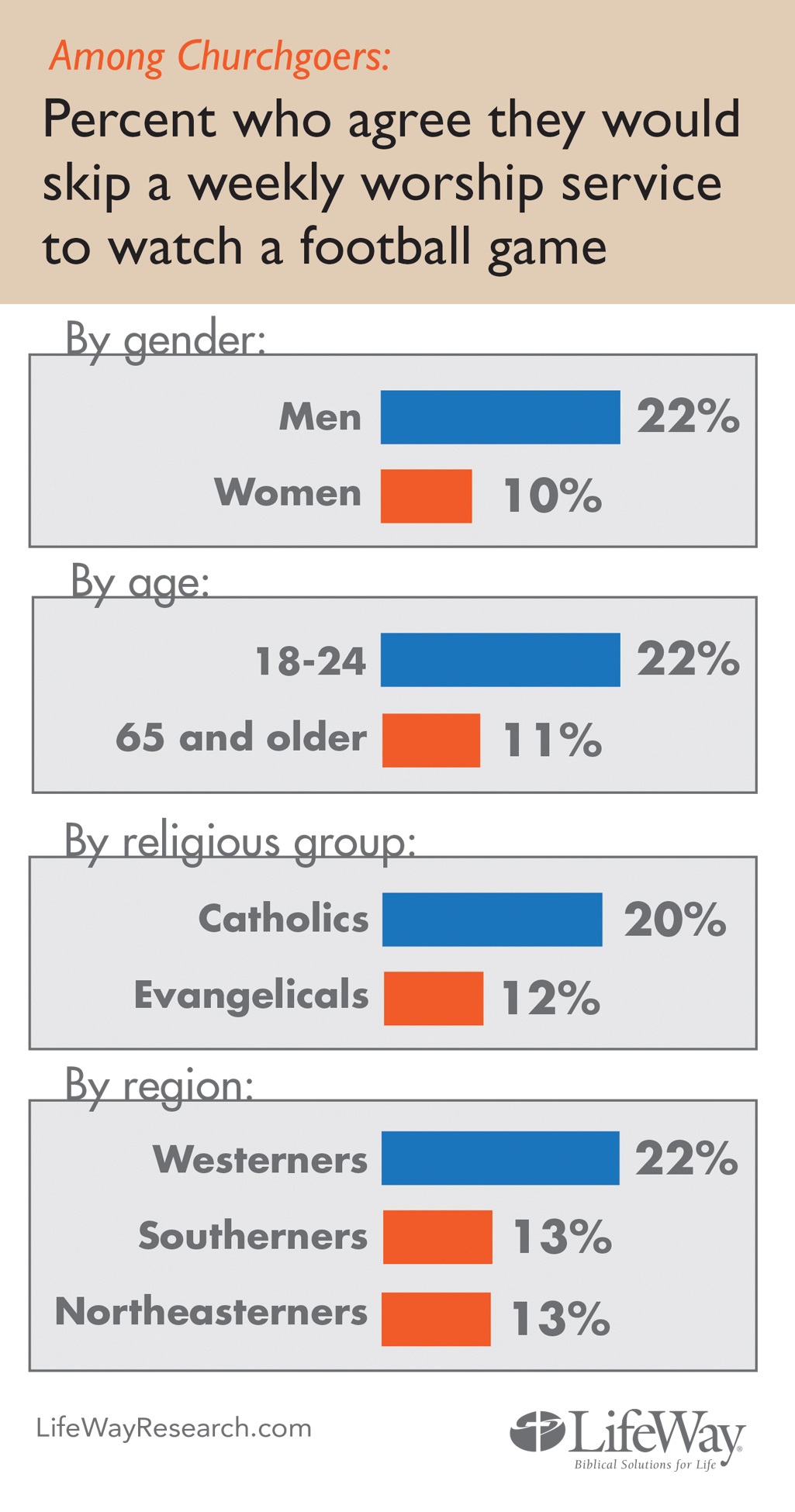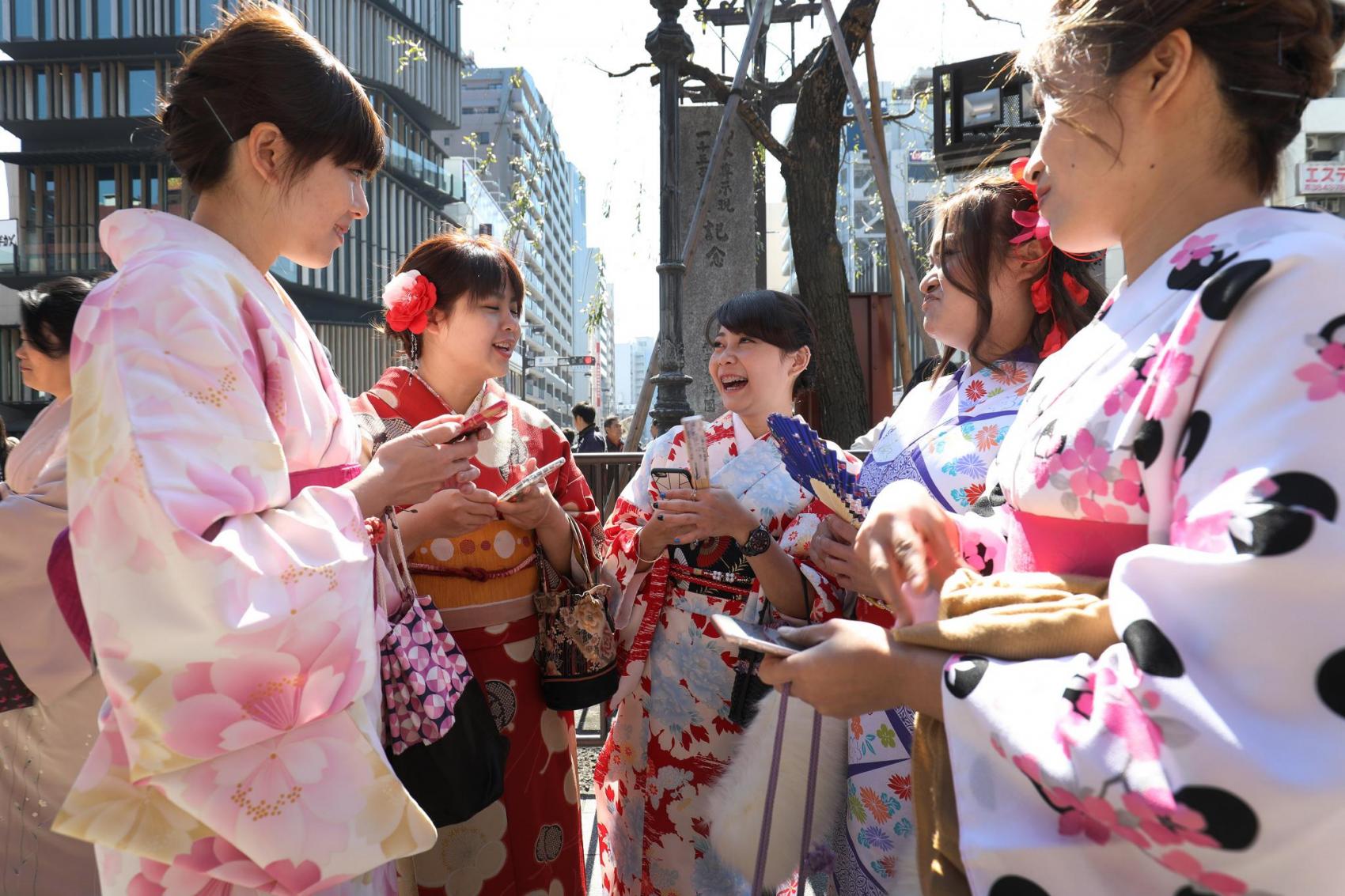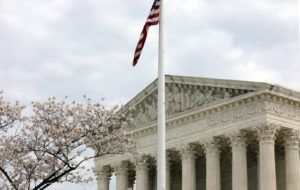
EDITOR’S NOTE: The SBC’s 2017 resolution concerning gambling was added to this report in 10th graph today (May 16).
WASHINGTON (BP) — All 50 states are now free to sponsor gambling on sporting events.
 In a 6-3 ruling Monday (May 14), the U.S. Supreme Court struck down a 1992 law that prevented state authorization of sports gambling. The decision — which reversed opinions by lower courts — means states may legalize and operate betting on professional and college sports.
In a 6-3 ruling Monday (May 14), the U.S. Supreme Court struck down a 1992 law that prevented state authorization of sports gambling. The decision — which reversed opinions by lower courts — means states may legalize and operate betting on professional and college sports.
It appears gambling on sporting events will soon become a reality beyond Nevada, which was exempted from the original law. The law also enabled Delaware, Montana and Oregon to have limited legal sports gambling.
Five states — Connecticut, Mississippi, New Jersey, Pennsylvania and West Virginia — already had enacted laws in preparation for a Supreme Court decision permitting legalization, according to ESPN. Legislators in another 14 states have introduced bills to authorize sports betting, ESPN reported.
Southern Baptist leaders warned there would be harmful consequences from legalized sports gambling.
“We will soon see an avalanche of pressure from multinational corporations to legalize sports betting at casinos and racetracks around the country,” said Travis Wussow, general counsel and vice president for public policy of the Ethics & Religious Liberty Commission.
“State leaders need to be prepared to tell the truth about the economic predation of casino gambling,” he told Baptist Press in written comments. “And pastors and church leaders need to be prepared to pastor their flock through the fallout that the court’s decision is sure to produce.”
Paul Chitwood, executive director-treasurer of the Kentucky Baptist Convention, said, “Gambling, legally or illegally, has benefited none of Kentucky’s families or children but has delivered huge payouts in pain.
“What family or community is stronger or healthier because of gambling? Are there more vexing issues we have to face than sports betting? Of course. But if you’re asking me had I rather be bitten by a Black Widow or a Brown Recluse, my answer is neither,” he said, according to Kentucky Today.
Messengers to the 2017 meeting of the Southern Baptist Convention approved a resolution that described gambling as a sin and called for Southern Baptists and other Christians not to participate in it. The resolution urged government at all levels to halt state-sponsored gambling and encouraged pastors and convention leaders to continue to teach Southern Baptists about the deceptiveness of gambling.
The National Collegiate Athletic Association and the four major professional sports leagues — Major League Baseball, National Basketball Association, National Football League and National Hockey League — were on the losing end of the high court’s ruling. They had sued New Jersey in 2012 when the state adopted a constitutional amendment to legalize sports betting despite the federal law.
As they had in past opposition to legalization, some leagues continued to express concern about the integrity of their sports.
NBA Commissioner Adam Silver said in a written statement, “We remain in favor of a federal framework that would provide a uniform approach to sports gambling in states that choose to permit it, but we will remain active in ongoing discussions with state legislatures. Regardless of the particulars of any future sports betting law, the integrity of our game remains our highest priority.”
The American Gaming Association (AGA), which represents the U.S. casino industry, has long opposed the 1992 Professional and Amateur Sports Protection Act, contending it has resulted in an annual illegal sports betting market of $150 billion. AGA President Geoff Freeman described the high court’s opinion as “a victory for the millions of Americans who seek to bet on sports in a safe and regulated manner.”
In the majority opinion, Associate Justice Samuel Alito said the 1992 law “violates the anticommandeering rule,” which bars Congress from giving direct orders to states. The measure “unequivocally dictates what a state legislature may and may not do,” he wrote.
Joining Alito in the majority were Chief Justice John Roberts and Associate Justices Anthony Kennedy, Clarence Thomas, Elena Kagan and Neil Gorsuch. Associate Justice Stephen Breyer joined in most of the majority opinion but also signed onto the dissent with Associate Justices Ruth Bader Ginsburg and Sonia Sotomayor.
A LifeWay Research study released in 2016 reported 49 percent of Americans said sports gambling should not be legalized in the country, while 40 percent thought it should. Almost two-thirds of those surveyed did not believe it was morally wrong to gamble on sporting events.

















